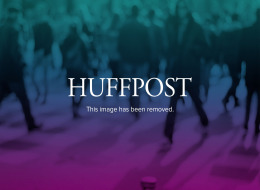GUANTÁNAMO BAY, Cuba — Lawyers for five men charged before a military commission with conspiring in the attacks of Sept. 11, 2001, complained on Sunday that the process was rigged to lead to the execution of their clients, and they offered new details and explanations for a sometimes chaotic daylong arraignment on Saturday.
Throughout the arraignment, Khalid Shaikh Mohammed and the other four defendants refused to talk to — or even listen to — the judge. Several delayed the hearing by praying, and one shouted to the judge that guards at the prison might kill them. Another was brought to the court in restraints and later took off his shirt, before insisting that the full charges be read aloud, which lasted into the night.
One of the lawyers, James G. Connell III, who represents Ali Abd al Aziz Ali, said at a news conference on Sunday that the defendants’ refusal to acknowledge the judge was a “peaceful resistance to an unjust system.”
While Mr. Connell was prohibited from relaying anything his client had told him, he said, the defendants’ actions “appeared to be a coordinated strategy.”
Throughout the arraignment, Khalid Shaikh Mohammed and the other four defendants refused to talk to — or even listen to — the judge. Several delayed the hearing by praying, and one shouted to the judge that guards at the prison might kill them. Another was brought to the court in restraints and later took off his shirt, before insisting that the full charges be read aloud, which lasted into the night.
One of the lawyers, James G. Connell III, who represents Ali Abd al Aziz Ali, said at a news conference on Sunday that the defendants’ refusal to acknowledge the judge was a “peaceful resistance to an unjust system.”
While Mr. Connell was prohibited from relaying anything his client had told him, he said, the defendants’ actions “appeared to be a coordinated strategy.”














